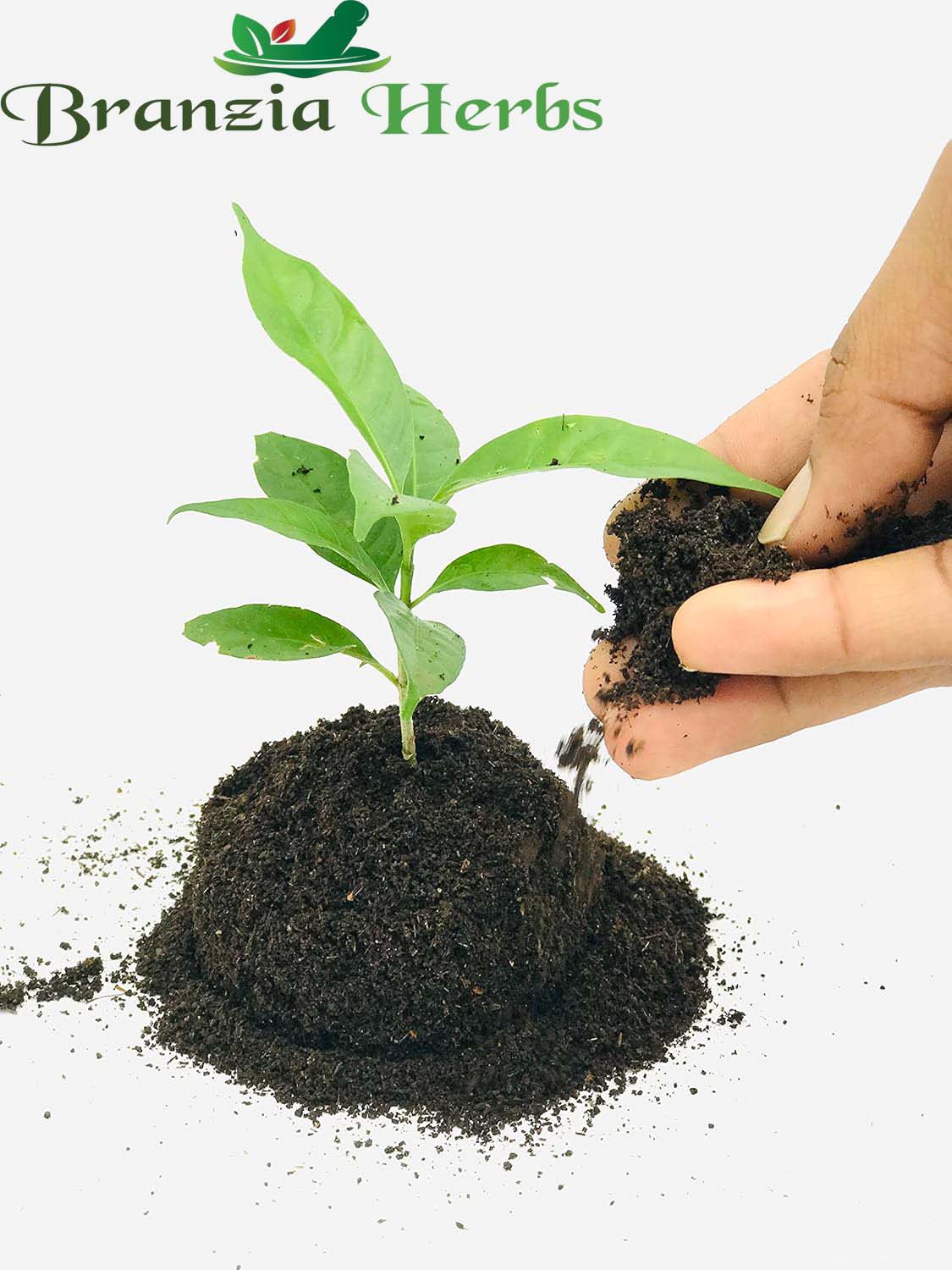Description:
-
Appearance: Anjwar is a small shrub with small, white or purple flowers and yellow or orange berries. The plant has broad, jagged leaves.
-
Flavor: The plant's parts, particularly the berries, have a bitter taste.
Uses:
-
Traditional Medicine: Used in Ayurveda and other traditional systems for its therapeutic properties. It is employed in various formulations for its health benefits.
-
Common Uses: Often used to manage respiratory issues, skin conditions, and digestive problems.
Benefits:
-
Respiratory Health: May help manage conditions like asthma and bronchitis.
-
Digestive Health: Used to support digestion and alleviate gastrointestinal issues.
-
Anti-inflammatory: Known for its potential anti-inflammatory properties, which may benefit various inflammatory conditions.
-
Skin Health: Sometimes used in topical applications for skin issues.
Preparation:
-
In Medicine: The plant's leaves, berries, and roots are typically used. They can be dried and ground into powders or used to make tinctures and extracts.
-
In Traditional Remedies: May be used in teas, poultices, or as part of herbal formulations.
Storage:
-
Dried Herbs: Store in an airtight container in a cool, dry place away from light to preserve their medicinal properties.
-
Powders and Extracts: Keep in a cool, dark place and follow specific storage instructions if available.
Note:
While Anjwar is used in traditional medicine, it’s important to consult with a healthcare provider before using it, especially if you have existing health conditions or are pregnant or breastfeeding, due to its potent effects and potential for side effects.




